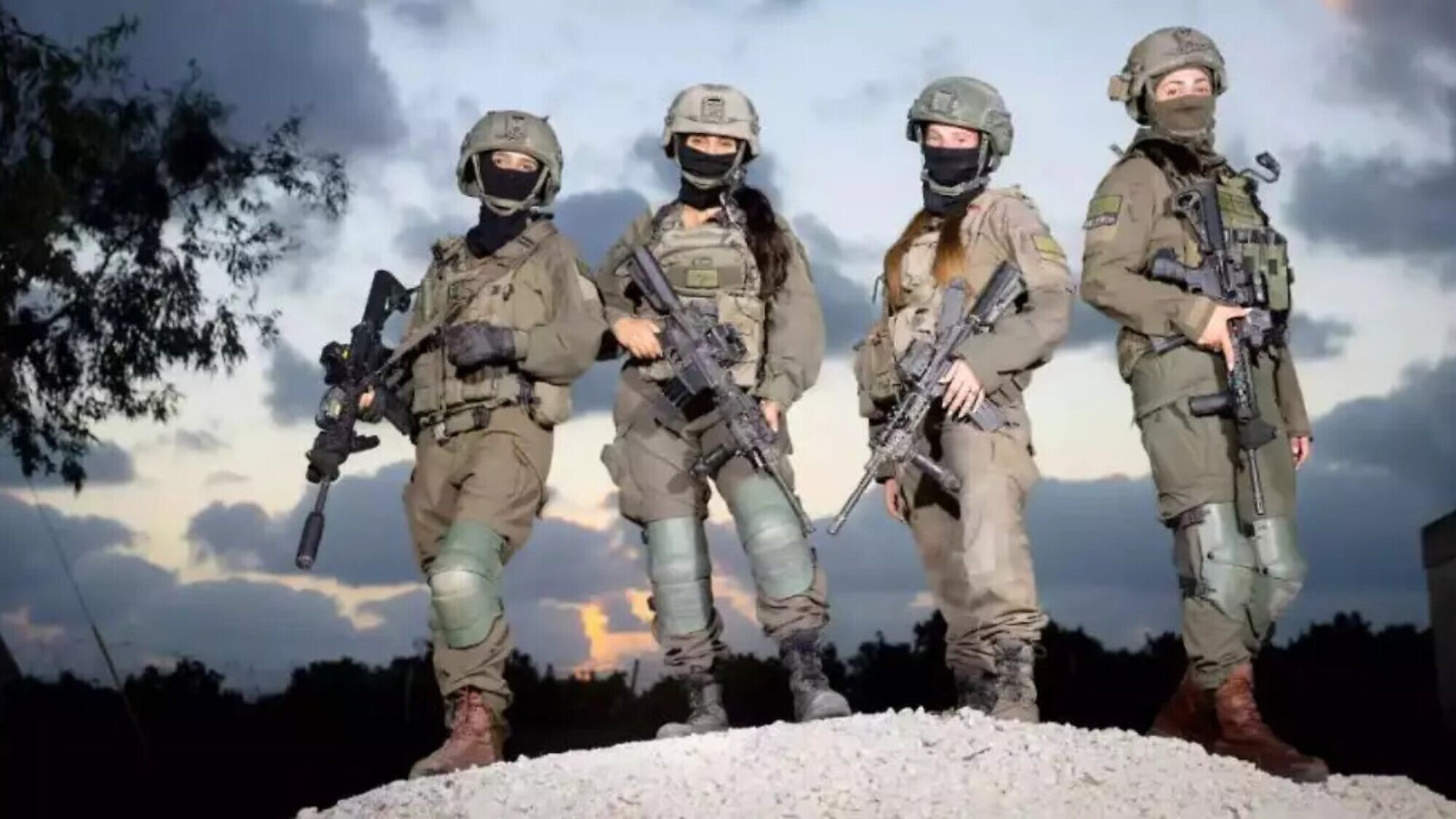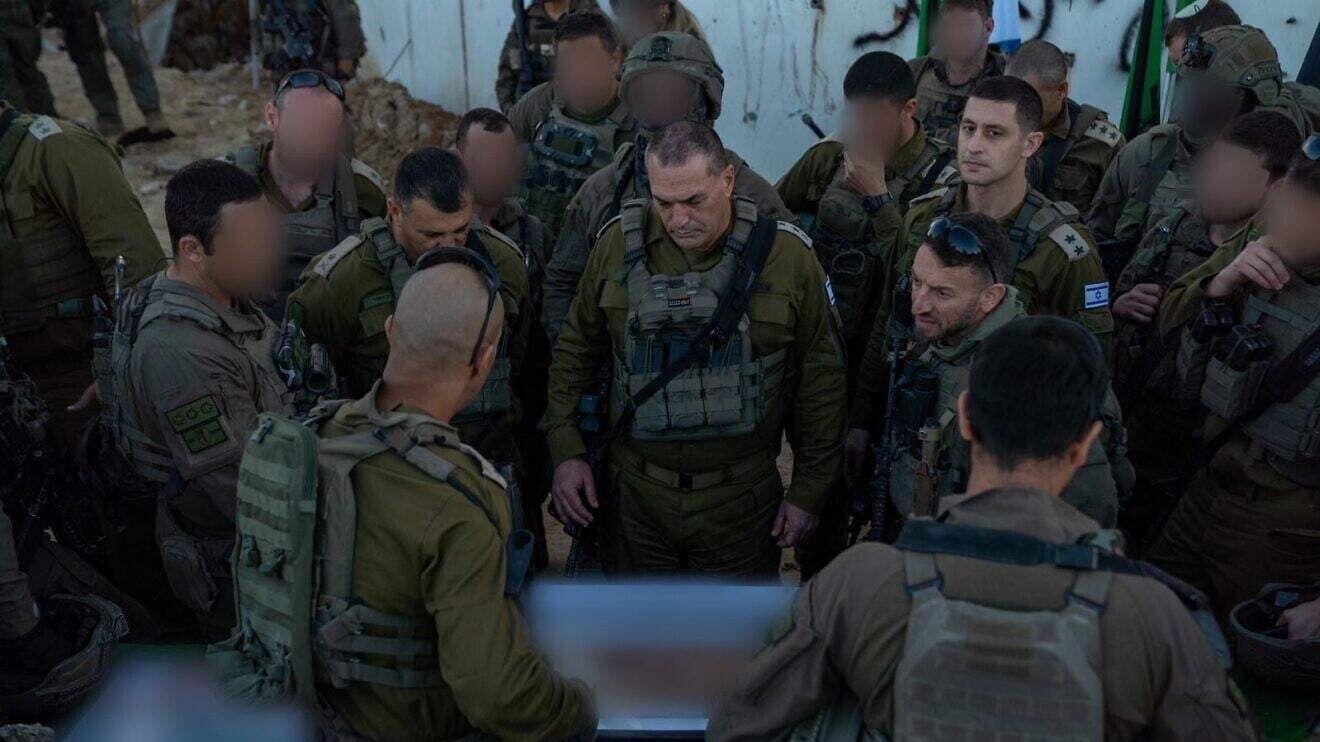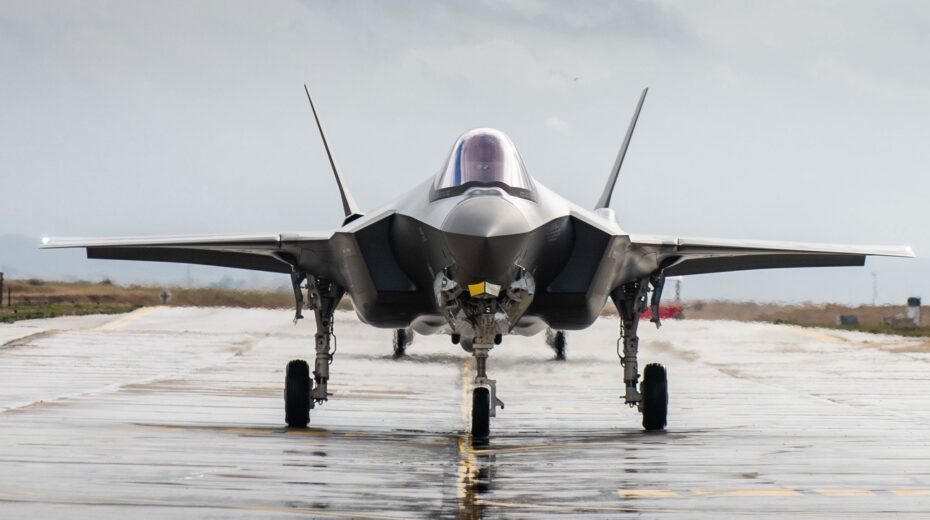(Israel Hayom) For Lt. S., an outstanding ballet dancer, a contract was waiting with a dance company in Barcelona. All she had to do was fly over and sign. On the other side stood a draft notice to the IDF, with an option to join the Technological and Maintenance Corps, the new and upgraded name of the former Ordnance Corps.
What would you choose, the oil stains and smell of diesel, or a European tour in front of crowds and applause?
I Recently met the 23-year-old Lt. S., without her ballet shoes, wearing dusty army boots and grease-marked fatigues, proof that she had swapped out an engine in a Namer armored personnel carrier earlier that morning. The gifted dancer is a platoon commander in the Givati Reconnaissance Battalion.
“The decision was hard, because dance was a great love,” she says. “But I told myself that if I am part of this country, there is no way I am not enlisting.
Until a few years ago, the idea of a woman in combat roles was hard to swallow in certain quarters. Finance Minister Bezalel Smotrich, who also serves as a minister in the Defense Ministry, said on one occasion, “The army’s role is to fight and win, not to promote feminist beliefs.”
But the current Gaza war has shattered stereotypes and proved that female combat soldiers can eliminate terrorists, can survive captivity, and are capable of commanding a company, regardless of gender.
Aiming for the edge
We met four women from elite units who say gender simply is not part of the equation: Lt. S. from Givati Reconnaissance; Lt. K., who serves alongside her in the unit as a fire support officer; Lt. Dr. A., the medical officer of the Nahal Reconnaissance Battalion; and Maj. N., the operations officer of the Kfir Infantry Brigade’s Haruv Reconnaissance Battalion.
“Once, a senior figure in the country said that on the day there are female pilots, he would grow hair on his palms,” begins 25-year-old Maj. N.
“Back then, the idea that a woman could carry a stretcher or run with a weapon shouting ‘Forward, charge!’ was unthinkable. Everyone was horrified by the thought of a woman falling into captivity.
“But today we are all horrified by the thought of men in captivity. As long as my life is worth the same as a man’s, there is no dilemma about being a combat soldier and crossing enemy lines.”
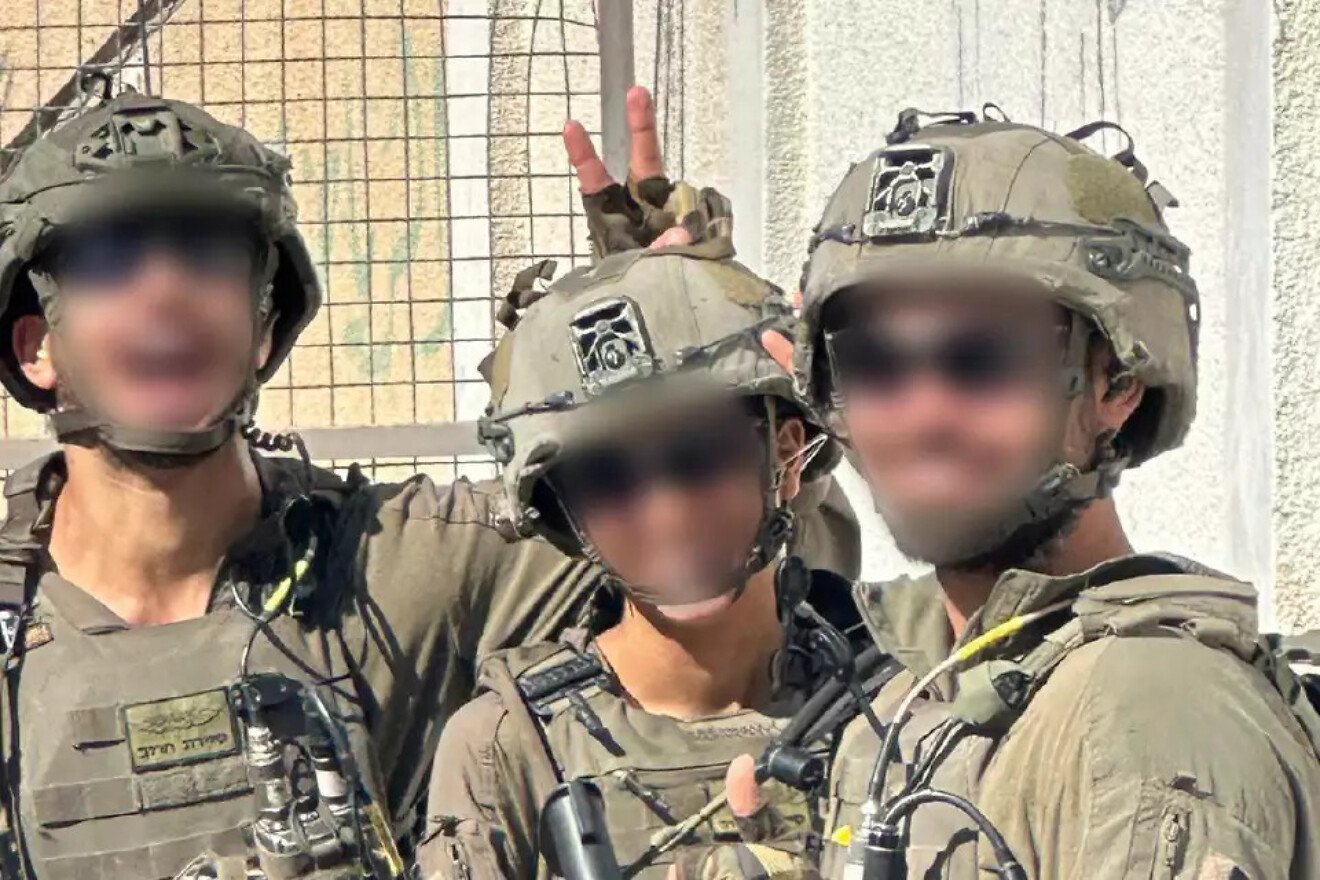
Maj. N. with members of her unit. Credit: IDF Spokesperson’s Unit.
Lt. Dr. A., a 26-year-old medical officer in the Nahal Reconnaissance Battalion, remarks, “Staff Sgt. Agam Naim, who served as a paramedic, fell during the war, and it was just as shocking as when a man falls. You cannot treat it differently, because in my eyes that cheapens men’s lives.”
Dr. A. began medical studies in 2016. She says that from age 17, she dreamed of being a combat physician and knew she would sign on for career service. She just did not plan on her service coinciding with Israel’s longest war.
The tree-climbing middle sister
Lt. K., a 22-year-old fire support officer in Givati Reconnaissance, grew up in a military home, and already in high school her path was clear.
“I always wanted combat,” she recalls. “I am the middle of three sisters, the problematic one who climbed trees from a young age, but I never expected to serve in a combat battalion during a war.”
Maj. N., thought about serving in the Education Corps and working with at-risk youth, until she realized that education is always there as a career, but defending the country is an opportunity offered for a limited time.
“Anyone who does not understand the value a woman brings to the battlefield has never been in combat alongside a woman. I was glad to discover how much we are measured by professionalism, not by the fact that we are women.”
They entered units traditionally considered very masculine, with familiar macho codes. Lt. S., says, “After all, I am in a field that, to put it mildly, is not very feminine, spending all day with hands covered in grease and oil. I always felt obliged to study extra, to ask about every bolt and screw.”
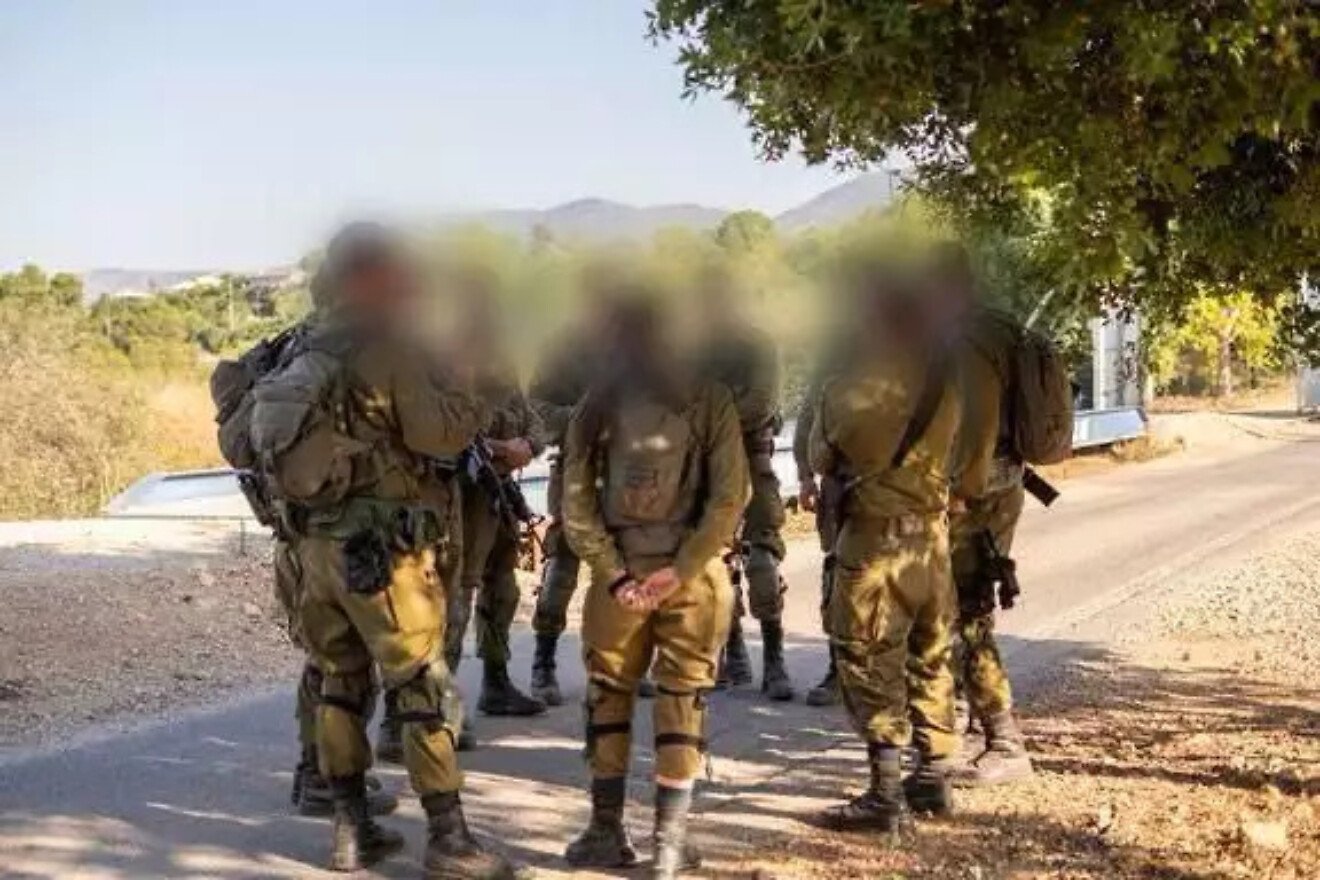
Lt. Dr. A.: “My first combat assignment was with the Paratroopers Reconnaissance Unit. I went in with them for two weeks of fighting in in Lebanon, 11 kilometers [about 7 miles] from the border, with a 30-kilo [66-pound] pack on my back. I was more occupied with whether the readiness kit worked and whether the equipment was complete than with the significance of my being a woman there.”
Maj. N.: “At first, I didn’t tell my parents I had gone into Gaza, and I dodged with lines like ‘We are on leave lockdown, I am very busy.’ My mom would have preferred I serve in Education Corps.”
Q: As combat soldiers, you have surely faced complex situations.
A: Lt. K.: Members of our force were hit by IEDs 50 meters from our fortified position. Three soldiers were killed and there were wounded. We responded immediately with my fire orders. It went on for two hours, hundreds of shells, because we feared terrorists would emerge from tunnels and hit the rescue forces.
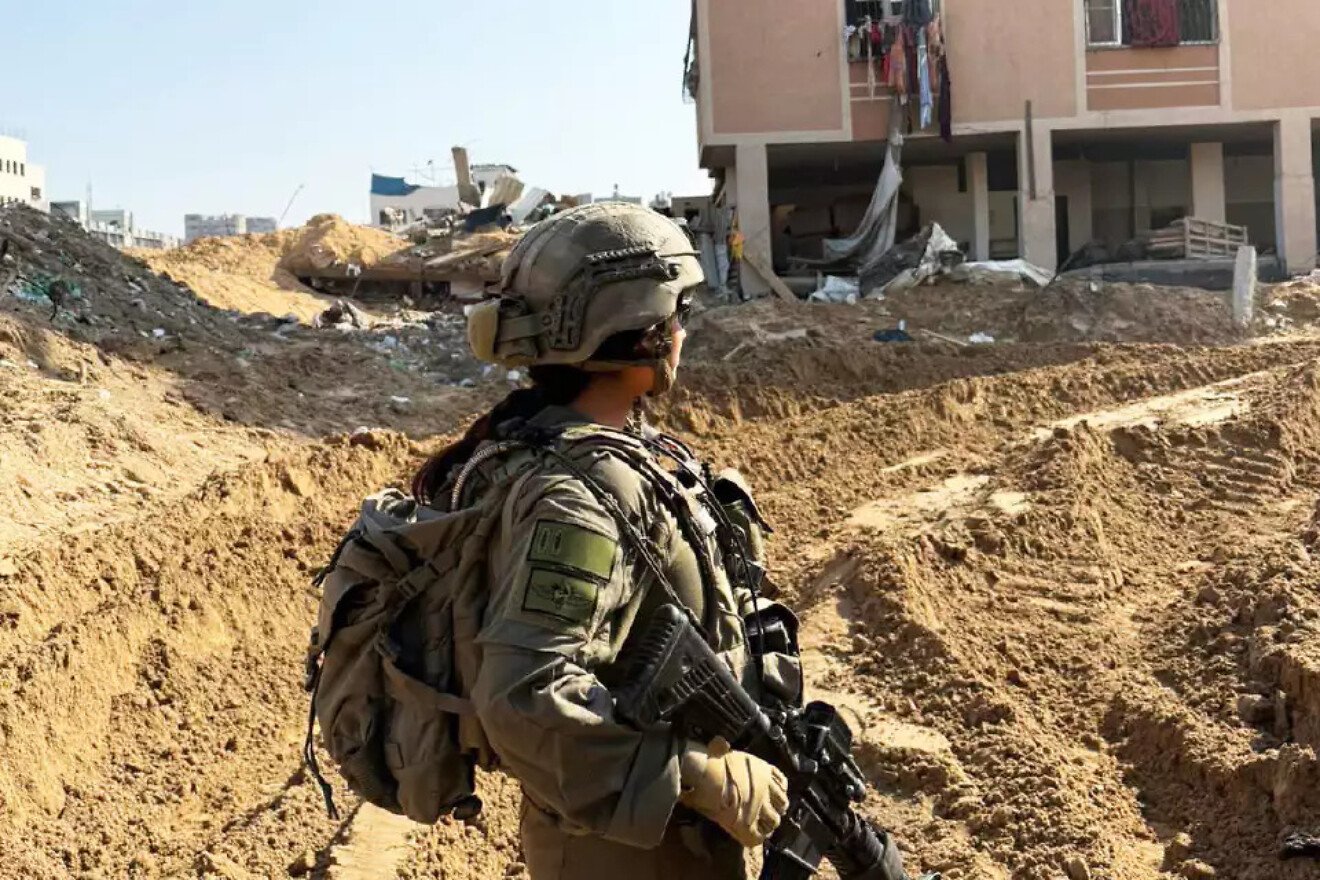
Lt. K. in the Gaza Strip. Credit: IDF Spokesperson’s Unit.
Lt. S.: There was a case where combat soldiers came up on the radio and said that in the Namer they were riding, the gears were gone, it only moved forward and backward. Then you find yourself, reassembling the gear linkage as you hear shooting and explosions all around.
‘Of course there are differences compared to the men’
A: Lt. S.: Of course there are physiological differences between women and men. I can carry less weight, and Namer spare parts are heavy. The NCOs are aware and support me. Today, when I opened an engine, the crane operator stared in shock, asked to photograph me and send it to friends. A mechanic working, with sky-blue gel polish on her nails.
Maj. N.: You should have seen me with a large rucksack, carrying the dismembered body of a terrorist on a stretcher while shots were being fired around.
Lt. K.: You live with men 24/7, and I find myself brushing my teeth with the battalion commander next to me. In the middle of an attack I have said to the radioman, “Hold here, I am going to pee.”
The differences are less noticeable because you live together.”
Lt. A.: Life in a recon unit taught me that men are much more sensitive than many women I know.
Q: As combat soldiers, you surely hear the world’s claims about “indiscriminate killing” in Gaza.
A: Maj. N.: People do not know how moral the IDF is, and what process targets must go through to be approved. The army will not budge an inch from the permissible level of collateral damage under international law regarding harm to noncombatants.
An example: We were in the middle of an assault and suddenly saw a woman. Force protection is paramount, but gradually, through escalation of force, we managed to move her to the humanitarian area. I was so proud to be part of that.
Lt. K.: In outside world there is constant attention to the percentage of civilian evacuations and to sensitive sites like hospitals, schools and clinics, where we nevertheless find booby traps and terrorist infrastructure. With us, everything is done surgically and accompanied by approvals from a division commander and a major general. Maximum precision.
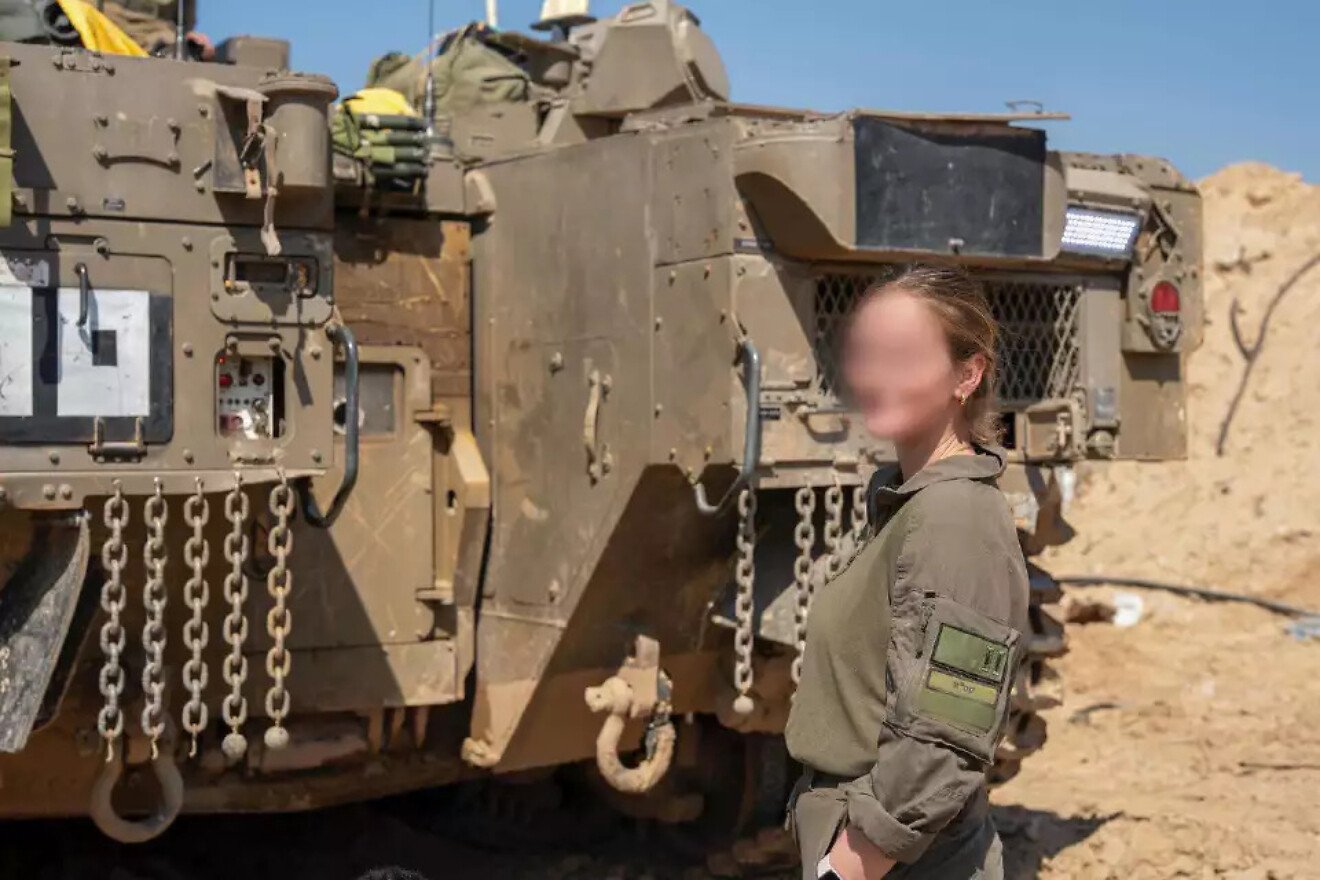
Lt. S. in the field. Credit: IDF Spokesperson’s Unit.
Q: You have all faced the realities of war.
A: Lt. S.: When I was with Nahal in the Zaytoun neighborhood [in Gaza City], a platoon commander who was in my high school class was badly wounded. You hear it on the radio and have to shut off emotion to stay cool-headed in making decisions. The only thing going through your mind is that if I am not strong enough, no one will do it in my place.
Maj. N.: Two weeks before he fell [in Jenin], I sent Staff Sgt. Liam Hazi on a mission, and he excelled. War takes the lives of so many young people. The price is unbearable, and we understand its weight and know how to carry on.
Q: Has something in your character changed during service?
A: Lt. K.: Our generation has experienced things that people two decades older did not. It matures and toughens you. From the small things, like sleeping two hours a night, not showering for a month and not going home, to operations where you meet death up close. Our generation is built stronger now.
Maj. N.: In my view, this change will open more paths for women in the military. Screening should be professional and not gender-based. I am not asking to lower the bar, but I do aspire to a situation where I can tell 16-year-old girls, “If you meet the physical standards, you are in.”
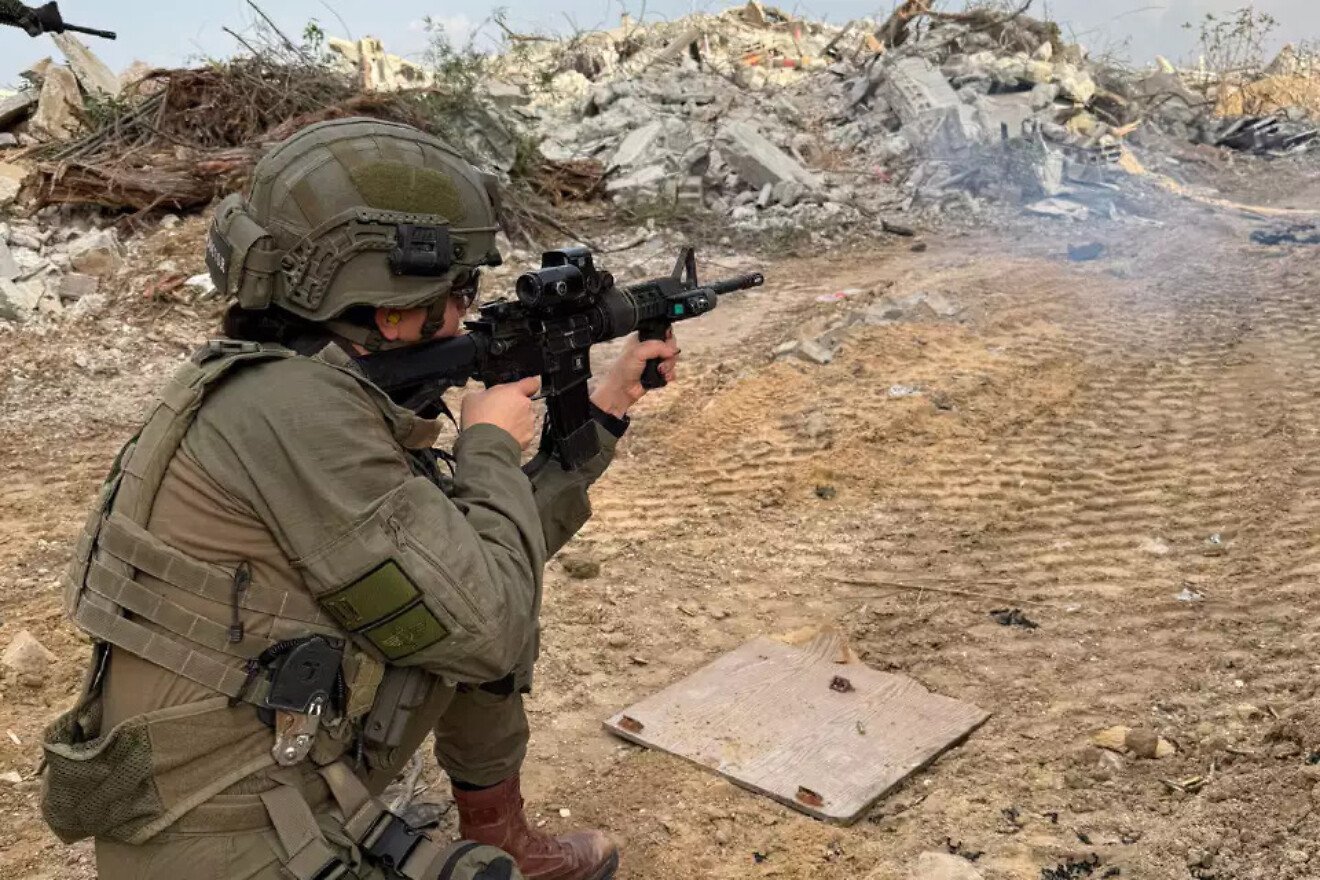
Lt. A. in action. Credit: IDF Spokesperson’s Unit.
Q: There is now strong demand to recruit female combat soldiers.
A: Maj. N.: We are back to the days of the War of Independence, to an existential war. The State of Israel will endure, but we see what is happening in the world and understand that this is our home and that it is a privilege to enlist and serve as combat soldiers.
Israeli women are tough. We had women combat soldiers even before the state was founded, from Hannah Szenes to Esther Arditi. It is in our blood.
Maj. N. is on track for a military career. She recently completed her position in the recon unit and will serve as deputy commander of a mixed infantry battalion.
“I want to be a mother and start a family, and there is no doubt it is a demanding and complex balance,” she says, “but the army does a lot to make it possible, and there are many examples. It is hard, but it is also hard to be a father who is an officer.”
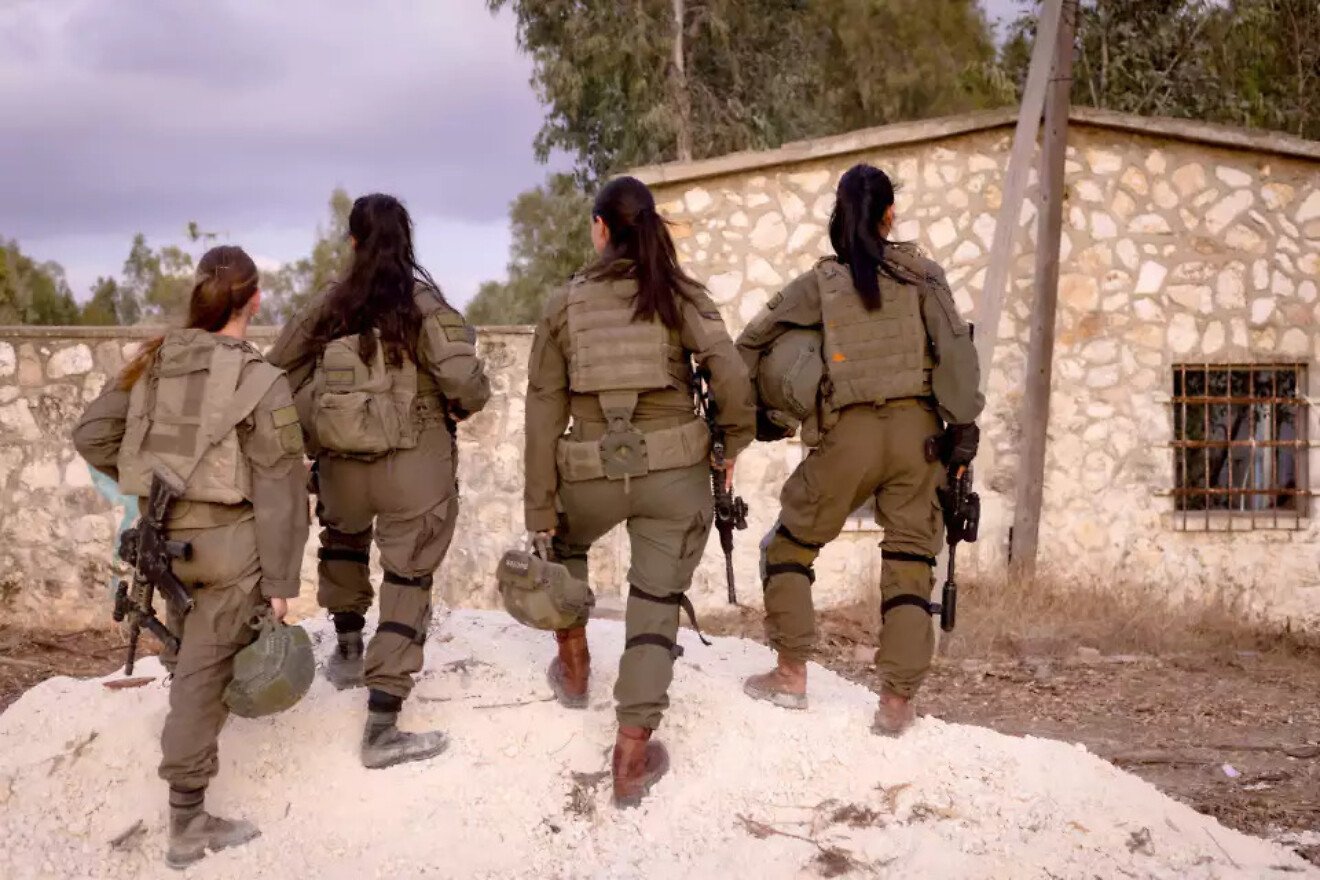
The four female combat soldiers. Photo by Erik Sultan.
Originally published by Israel Hayom.


